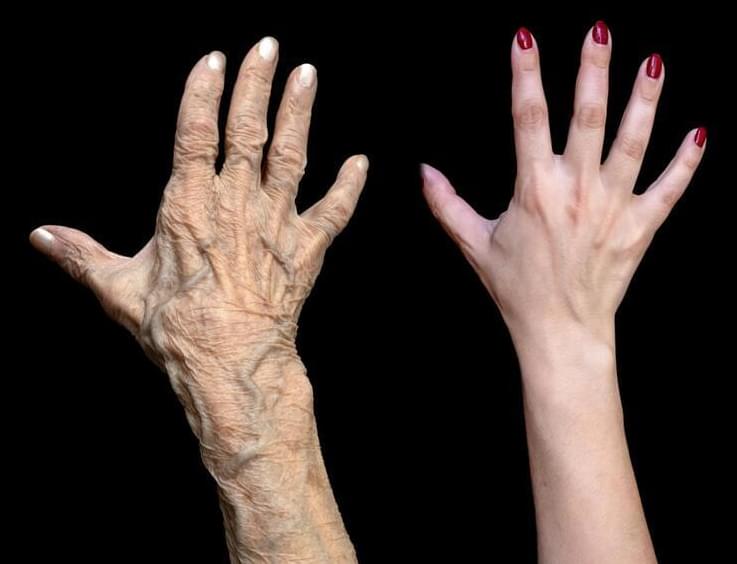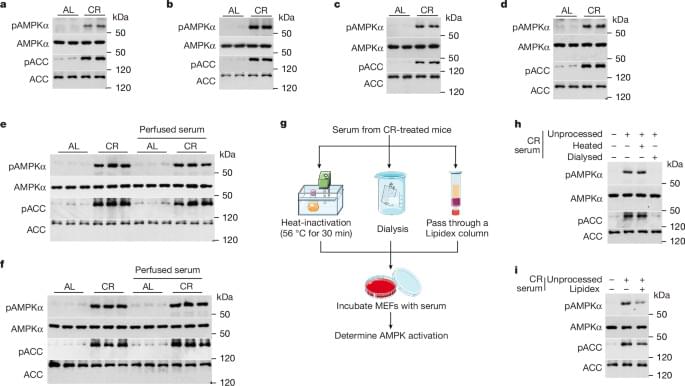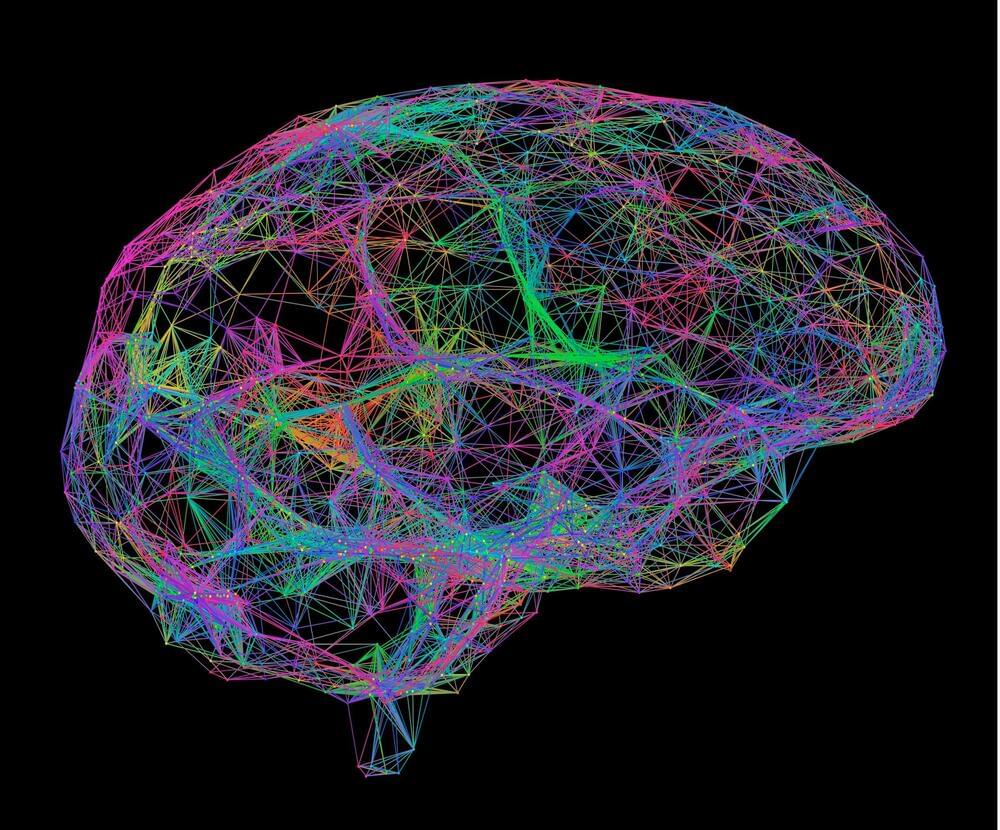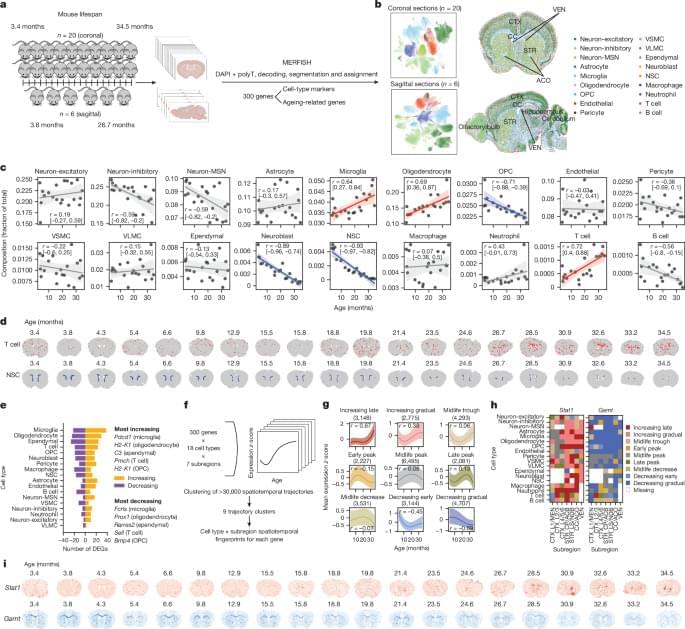A new review by researchers from Oxford Population Health and the University of Iceland, published in Nature Aging, reveals how your DNA shapes reproductive health, fertility, and even life expectancy.
Led by researchers from the University of Oxford’s Leverhulme Centre for Demographic Science and the University of Iceland, the review explores how genetic variations can explain differences in reproductive health and longevity.
The study provides the most comprehensive review of male and female genetic discoveries of reproductive traits to date, and provides new insights into how our DNA affects when we have children, the timing of menopause, and even how that is connected to how long we live.






